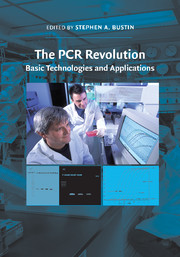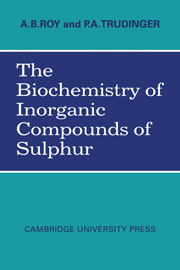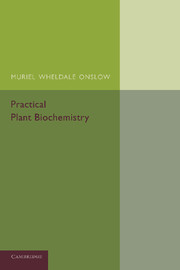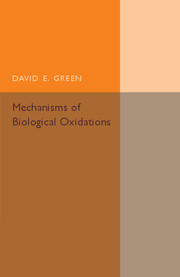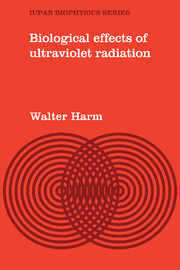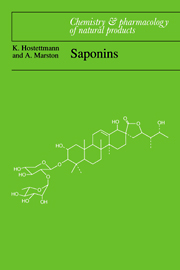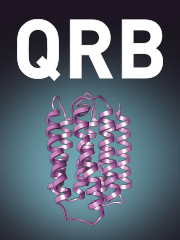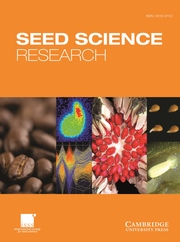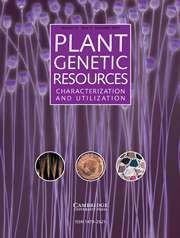The PCR Revolution
Basic Technologies and Applications
- Editor: Stephen A. Bustin, Queen Mary University of London
- Date Published: October 2014
- availability: Available
- format: Paperback
- isbn: 9781107423589
Paperback
Other available formats:
Hardback, eBook
Looking for an inspection copy?
Please email [email protected] to enquire about an inspection copy of this book
-
The invention of the polymerase chain reaction (PCR) won the Nobel Prize in Chemistry in 1994 and remains one of the most important scientific discoveries of the twentieth century. More than 50,000 researchers in the United States use PCR replication technology, yet there is a significant absence of any recent publications on this subject. In this book, Dr Stephen A. Bustin, a world-renowned PCR expert, examines in detail the latest innovations and the overall impact of PCR on many areas of molecular research. The book contains personal reflections, opinions, and comments by leading authorities on the many applications of the PCR and how this technology has revolutionised their respective areas of interest. Bustin explains the ways in which PCR has overcome many obstacles in life science and clinical research and charts the PCR's development from time-consuming, low throughput, non-quantitative procedure to today's rapid, high throughput, quantitative super method.
Read more- Provides a thorough overview and introduction to the PCR providing readers with a good foundation in this area
- Divided into two sections: basic technologies and applications
- Includes reviews and chapters covering the latest new techniques by renowned pioneers in the field
Customer reviews
Not yet reviewed
Be the first to review
Review was not posted due to profanity
×Product details
- Date Published: October 2014
- format: Paperback
- isbn: 9781107423589
- length: 342 pages
- dimensions: 254 x 178 x 18 mm
- weight: 0.59kg
- contains: 30 b/w illus. 328 colour illus. 4 tables
- availability: Available
Table of Contents
Part I. Basic Technologies:
1. Real time PCR Mickey Williams
2. Thermostable enzymes used in PCR Sudip K. Rakshit
3. Inventing molecular beacons Fred Russell Kramer, Salvatore A. E. Marras and Sanjay Tyagi
4. Rapid PCR and melting analysis Carl T. Wittwer, Randy P. Rasmussen and Kirk M. Ririe
5. PCR and fluorescence chemistries: DNA incarnate Ben Sowers
6. Analysis of microRNA expression by qPCR Vladimir Benes, Jens Stolte, David Ibberson, Mirco Castoldi and Martina Muckenthaler
7. Miniaturized PCR for quantitative clinical diagnostics Melissa Mariani, Lin Chen and Philip J. Day
8. The road from qualitative to quantitative assay: what is next? Michael W. Pfaffl
9. Taking control of PCR Tania Nolan, Tanya Novak and Jim Huggett
Part II. Applications:
10. PCR-based methods for the detection of cancer cells in blood, bone marrow and lymph nodes for clinical diagnostic assays Susan A. Burchill
11. PCR and infectious diseases Jim Huggett
12. PCR and respiratory viruses Ian Mackay
13. PCR and Severe Acute Respiratory Syndrome (SARS) Yang Huanming and Weijun Chen
14. The MMR vaccine, measles virus, and autism: a cautionary tale Stephen A. Bustin
15. Non-invasive prenatal diagnosis using cell-free fetal nucleic acids in maternal plasma Y. M. Dennis Lo
16. PCR-based analyses of nucleic acids from archival material Ulrich Lehmann
17. Microarrays and qPCR Elisa Wurmbach
18. PCR in the detection of genetic variation Pui-Yan Kwok
19. PCR: a blessing and a curse for ancient DNA research Michael Hofreiter and Holger Rompler.
Sorry, this resource is locked
Please register or sign in to request access. If you are having problems accessing these resources please email [email protected]
Register Sign in» Proceed
You are now leaving the Cambridge University Press website. Your eBook purchase and download will be completed by our partner www.ebooks.com. Please see the permission section of the www.ebooks.com catalogue page for details of the print & copy limits on our eBooks.
Continue ×Are you sure you want to delete your account?
This cannot be undone.
Thank you for your feedback which will help us improve our service.
If you requested a response, we will make sure to get back to you shortly.
×
